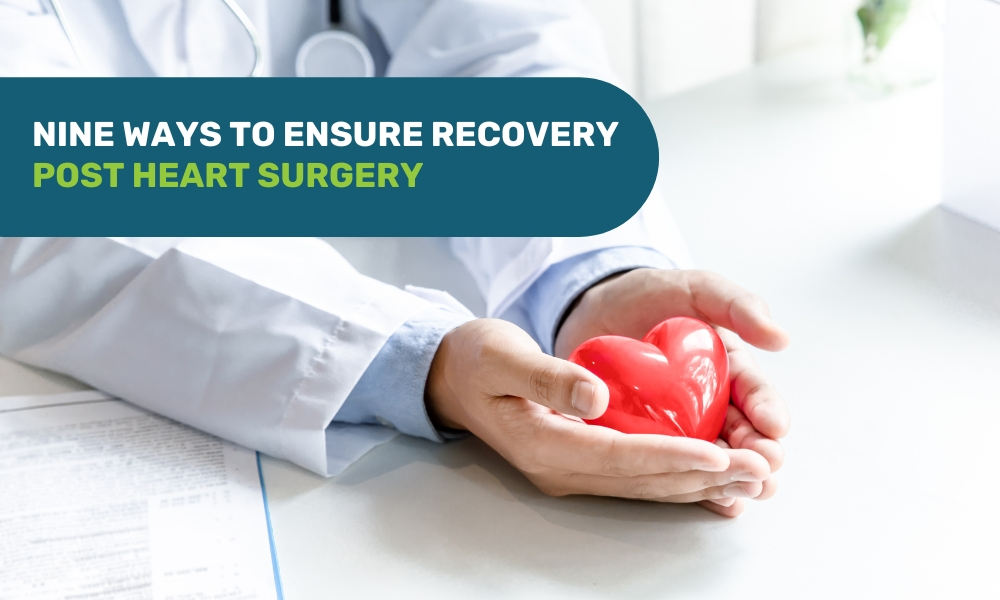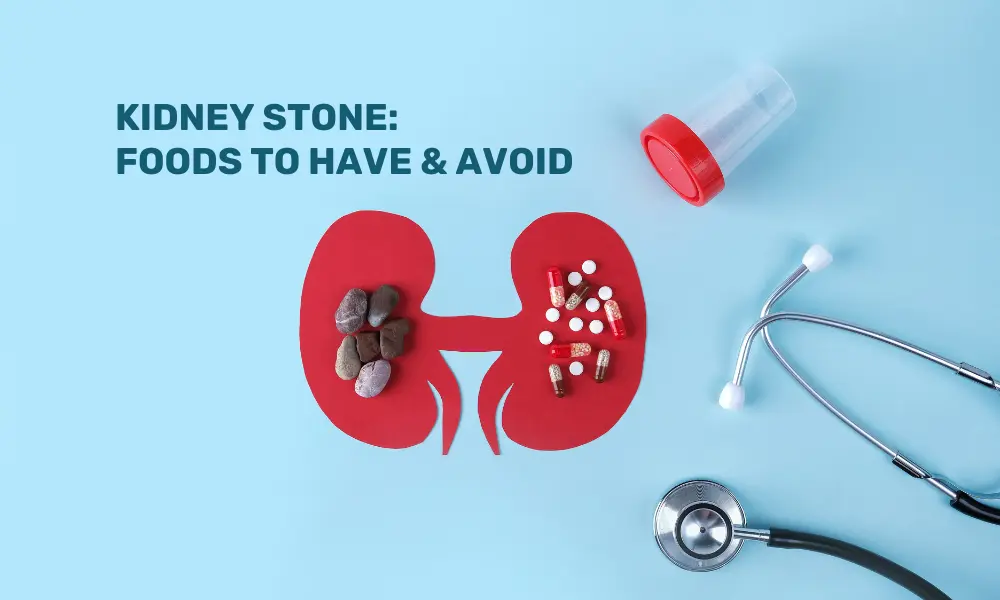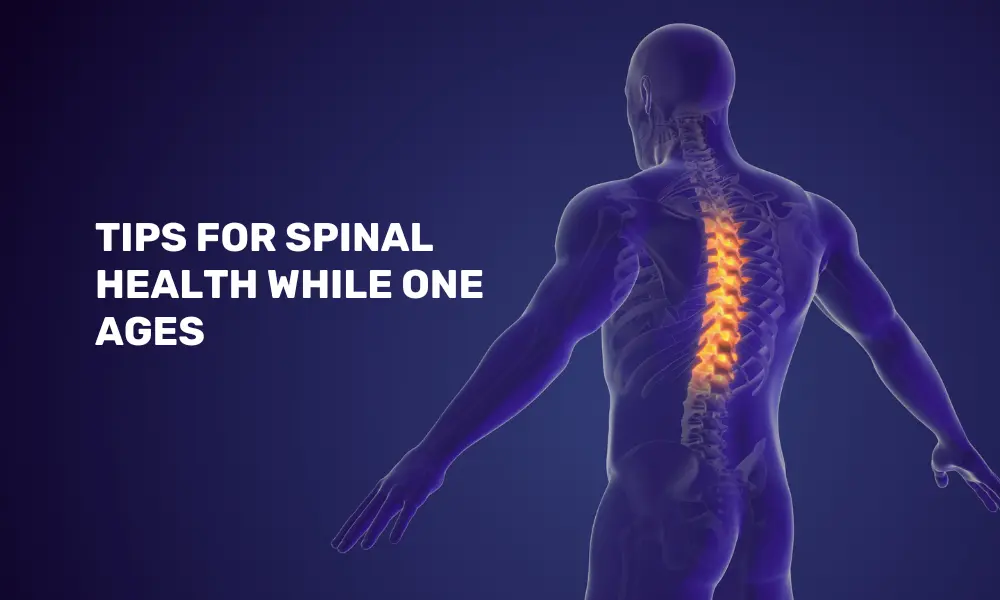Recovering from heart surgery can be an uphill task if one is not aware of what exactly to care about and what to avoid. It takes time for life to get normal post-surgery.
Heart surgery is one of the most critical and major operations. As part of recovering from this surgery, fatigue initially becomes an integral experience for a patient. As the body recovers and adapts, it starts to heal. The first six to eight weeks after the operation are usually the most challenging.
Our expert, Dr. Sonal Mhatre, BHMS, with 17 years of clinical experience, shares useful tips to follow post-heart operation and things to be cautious during recovery.
-
Cardiac rehabilitation: Cardiac rehabilitation of a patient begins in the hospital. The care team shares information about nutrition, exercise, and how to begin physical activity with the patients to make recovery seamless. There are outpatient programs that may be helpful for a patient to resume a normal life post-operation.
-
Diet: In the first few weeks after the operation, eating is important as per the doctor’s recommendation. One must add many different fruits and vegetables as they contain different combinations of minerals and vitamins. So, one must aim to eat a variety of fruits and vegetables. Additionally, one must strictly limit the quantity of salt intake. Post-surgery, eating a heart-healthy diet and avoiding foods high in sodium and saturated fat is crucial. One may even consult a dietitian for a custom-made diet plan.
-
Wound Care: One must monitor and take care of surgery wounds every day. One must contact a doctor as soon as possible if it shows any redness, swelling, change or increase in pain, pus or discharge, an unpleasant smell, or any new opening, clicking, or grinding movement in the breastbone. One must avoid using powders or lotions near the incisions and have a sponge bath until the wound recovers.
-
Dental treatment: Post heart surgery, it is vital to see the dentist every six months for a dental check-up as in case of infections in the mouth, it may enter the bloodstream during the dental procedure, which could lead to an infection in the heart valve. Therefore, in case of any dental procedure prior to the surgery, one must visit the dentist to eliminate any chances of dental infection.
-
Weight Management: One must monitor one’s weight daily post-surgery. Rapid weight gain may indicate that the heart is not pumping efficiently. If one gains more than 2–3 pounds in a day or more than 3–5 pounds in one week, then one must meet their cardiologist.
-
Emotion: Patients experience a variety of responses to cardiac surgery. These can include Mood swings, crying for no apparent reason, nightmares, lack of concentration, feeling low in mood, and anxiety. These are all normal reactions to major surgery and should gradually resolve. If one experiences any of the above for a prolonged period, please discuss them with your doctor.
-
Resting: Resting well is the key to a speedy recovery; however, post-surgery, getting back into the normal sleeping pattern may take some time. But one must ensure that maximum rest is taken. Further, staying off work for at least eight weeks is advised. Most people return to light work after eight weeks and physical work after twelve weeks.
-
Temperature: Monitoring body temperature post-surgery for the initial days is important. If one feels warm or chill, checking the temperature three times a day is a must. If the temperature exceeds 101 degrees, one must contact a cardiologist immediately.
-
Medications: One must take all medications prescribed by the doctor as directed. One must not change the dosage of medication without consulting the doctor.
In a nutshell, one must try to rest as much as possible, gradually resume normal physical activity, and do light exercises, such as walking and strength-training activities. Light activity after a few days of the surgery may help improve heart and lung function. The key is to go slow, stay active and eat healthy.





